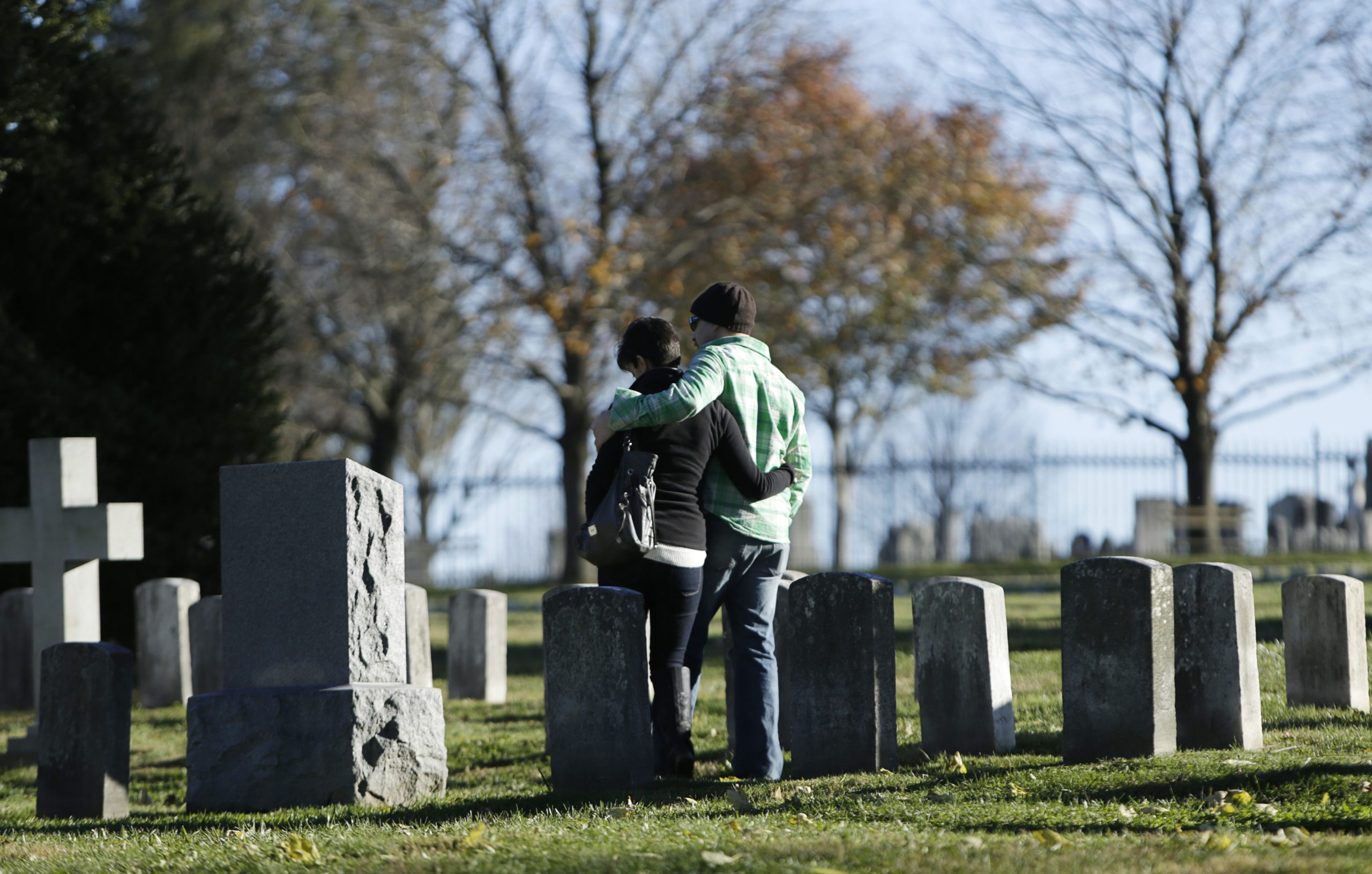
Megan Udinski, FISM News
[elfsight_social_share_buttons id=”1″]
California is attempting to combat global warming by legalizing human composting as an alternative to burial or cremation.
On Sunday, Gov. Gavin Newsom signed Assembly Bill 351, also known as The Cemetery and Funeral Act, into law. The act outlines a framework for licensed cemeteries and similar facilities to regulate the process of breaking down human bodies and converting them into soil.
This process has traditionally been called Natural Organic Reduction (NOR). According to Recompose, a Washington-based funeral facility that specializes in this service, the body is placed in a metal container with other organic materials such as alfalfa and wood chips and is reduced into a soft soil.
Katrina Spade, the founder of Recompose, added a spiritual aspect to the process and explained, “You get to rejoin the natural cycle….It’s nature doing its work, and it feels almost like this hallelujah moment.”
Democratic Assembly Member Christina Garcia, who authored the act, tweeted, “Wildfires, extreme drought, record heat waves reminds us that climate change is real and we must do everything we can to reduce methane & CO2 emissions.”
AB 351 was signed into law! It legalizes “human composting” as an after-death option.
Wildfires, extreme drought, record heat waves reminds us that climate change is real and we must do everything we can to reduce methane & CO2 emissions. @Earth_Funeral https://t.co/iKJ9QK0qDU
— Cristina Garcia (@AsmGarcia) September 19, 2022
Environmental activists are claiming that this process is the most eco-friendly after-death option.
According to National Geographic’s Becky Little, the process of cremation “releases an average of 534.6 pounds of carbon dioxide into the air per body, which translates to about 360,000 metric tons of this greenhouse gas emitted in the U.S. each year.”
There are also presumed negative side effects to the traditional burial as some have reported a presumed 5.3 million gallons of fluids including formaldehyde, methanol and ethanol are buried each year.
Many are skeptical and even critical of the idea of NOR. The California Catholic Conference of Bishops (CCC) penned a letter in June expressing their opposition and stating that the process “reduces the human body to simply a disposable commodity.”
CCC Executive Director Kathleen Domingo further commented, “Dispersing the remains in public locations, without an advisory to members of the public, risks people treading over human remains without their knowledge while repeated dispersions in the same area are tantamount to a mass grave.”
California joins Washington, Oregon, Vermont, and Colorado in legalizing human composting. New York is also in the process of proposing a similar bill.
In Christian circles there is an ongoing discussion over the theological implications of cremation, stating burial as the preferred method in light of the bodily resurrection to occur in the end times.
Prominent Evangelical pastor and theologian John Piper shared his personal opposition to cremation but stated, “If we act from faith, it can be a beautiful act of love for Christians to donate their organs and tissues for medical use. Yes, cremation, while not ideal, may carry new meaning under those circumstances.”
We can be sure the conversation will continue as Christians will now be faced with discussing the ethical and Biblical implications of the NOR process. There will likely be a sizable group of Christians who will not be the least bit surprised that Newsom has signed this into law and argue that this is yet another example of a denial of human dignity from a governor who has also denied human dignity in the womb.
